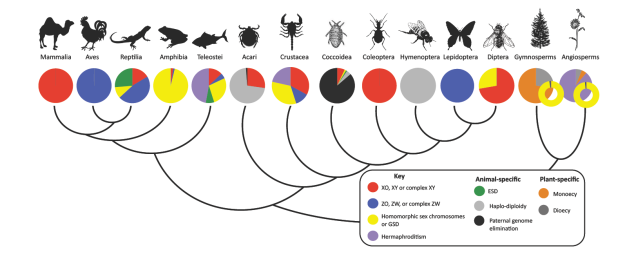Rad Geek Answers Your Reader Questions
Sometimes radgeek.com gets reader questions. I try to answer them if I can. Here is the latest one to come in through my feedback form. The abrupt cut-off of the text is sic in the original e-mail I received. Names have been changed to protect the innocent.
You need your cop dad. Your cop dad keeps the lights on and the bad guys away from your doorstep. Do you really want anarchy? Do you really want to live in a world without law and order (the
–Paternal in Poughkeepsie
Email, 27 Sextilis 2015.
I– I never had a cop dad… (weeping, swelling after-school special music in the background)
* * *
… O.K. Now that I’ve collected myself, a couple quick answers.
Yes, I really want anarchy.
This is a complex question:
2a. Yes, I really want a world without law.
2b. It’s complicated. I want a world with less of some kinds of order, and with more of other kinds of order.
In any case, there are a couple of things that are essential to realize. First, social order is not always and everywhere a good in the first place; it depends on the means by which the order is achieved, and the employment to which the order is put. Second, law
is not the only means of attaining social order;
the standard governmentalist view is that social order order can only come about through social control, and social control can only come about through political power and legal enforcement. But the standard governmentalist view is utterly and completely wrong.

